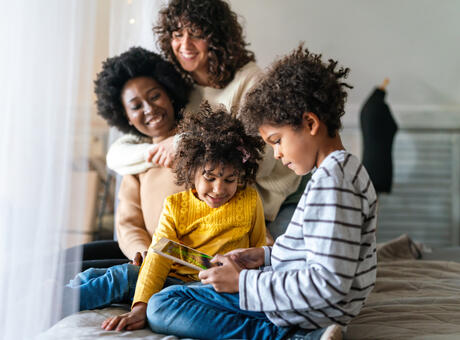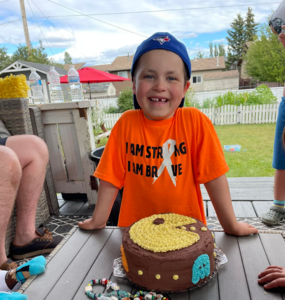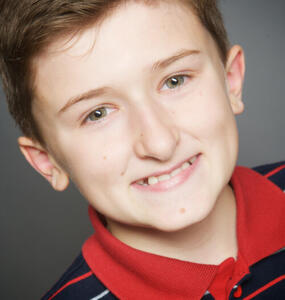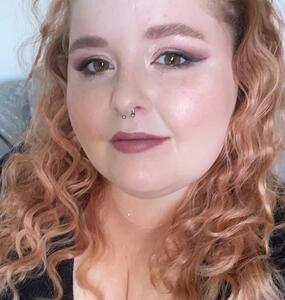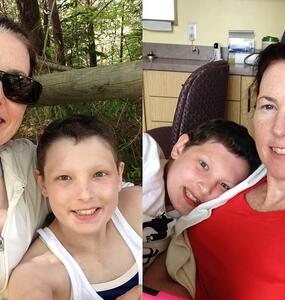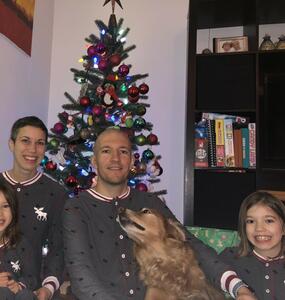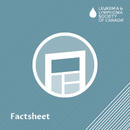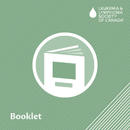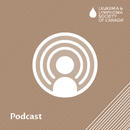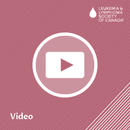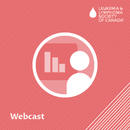My child has a blood cancer
You are not alone.
Know that the blood cancer community is here to support you every step of the way.
Resources
When Your Child Has Cancer
Learn how to deal with a child that has cancer and their family, teachers and counsellors. How to communicate and coping skills. Included is a worksheet to help with keeping track of appointments.
Childhood Leukemia - Parent guide
This tool is for parents of a school-aged child or teen with leukemia.
Juvenile Myelomonocytic Leukemia
Learn about juvenile myelomonocytic leukemia, how it is diagnosed, an overview of treatments and what happens next.
Acute Myeloid Leukemia (AML) in Children and Teens
This booklet provides information about acute myeloid leukemia (AML) in
children and teens. AML is the second most common type of leukemia in this age
group. It is also known as “acute myelogenous leukemia.”
Acute Lymphoblastic Leukemia (ALL) in Children and Teens
This booklet provides a closer look at acute lymphoblastic leukemia in children, the treatments available, and the side-effects your child may experience.
Treating pediatric blood cancer with Dr. Abish
Dr. Abish shares insights into what it’s like treating children and teens, and the complexities of serving this youngest age group as well as their follow up care. Dr. Abish attended McGill and then completed pediatric training at the IWK Health Centre , as well as a fellowship in pediatric hematology and Oncology at Memorial Sloan Kettering.
Exercise guidelines : 0-4 Years
This factsheet is for families whose 0-4 year old child is affected by a blood cancer. It promotes an active, safe, and adapted lifestyle during treatment.
Exercise-Guidelines: 5-11 Years
This factsheet for is for families whose 5-11 year old child is affected by a blood cancer. It promotes an active, safe, and adapted lifestyle during treatment.
Emotions chart for children
A blood cancer diagnosis can be overwhelming for children. This illustrated resource is designed to help parents understand the emotions their child may be going through and is offering strategies to manage them.
Chronic anxiety: Mothering a toddler with acute myeloid leukemia
Maura C. had recently returned to work after maternity leave when her daughter, then 15 months old, was diagnosed with acute myeloid leukemia (AML) and immediately admitted to the oncology ward. “This is a nightmare I’m not waking up from,” Maura thought over the 5 months her toddler was in the hospital. She says she and her husband moved from their initial …
The words no parent ever wants to hear. “Your child has cancer.”
This video, told from the father's point of view, talks about the strains on himself, his wife, their child with cancer, and their other children.
He describes every hospital visit, every round of treatment as "a rollercoaster of hope and fear."
Mother of a young child with blood cancer: Seeking mental health support
A mother talks about how her world turned upside down when her 7-year-old daughter was diagnosed with a blood cancer. Already juggling work and family, becoming a caregiver on top of it all felt overwhelming to her. This mom's self-care took a back seat as she focused her energy on the care of her sick child.
Psychosocial care for kids, teens and their parents going through blood cancer
Tziona Lugasi, clinical psychologist in the hemato-oncology department at CHU Sainte-Justine, talks about the impact of cancer on children, teens and their parents, and the transition from pediatric care to adult health care.
Mental health of children affected by blood cancer: Tziona Lugasi
This 1-hour webcast covers the importance of early recognition and intervention, recognizing mental health issues in younger children, age appropriate conversations, how to talk to your child about emotions and mental health, supporting siblings and some of those unique challenges faced by a sibling whose loved one is going through a pediatric blood cancer d…
Your child has a blood cancer. How are YOU doing?
Caring for your child diagnosed with a blood cancer can feel like your whole world is collapsing – but of course, collapsing is not an option for you. Spending time, as early as possible, on getting help with any mental health concerns is time well spent to strengthen your support of your child.
When your child is diagnosed with a blood cancer
Michelle Lambert speaks with Veronica Vardy, mother of 5 year old Amelia who is an ALL survivor. Veronica discusses the impact cancer had on her daughter, her family, and what her role as caregiver was like.
Children and Teenagers with Cancer : Cognitive and Emotional Challenges at School after Treatment
For some children and teens, emotional and cognitive challenges continue or become evident after treatment ends. How do we recognize these challenges and help ensure these children and teens receive the support they need?
Childhood Leukemia - Teacher guide
This tool is for teachers and administrators at a school where a student has leukemia.
Exercise and Cancer Tips for Physical Education Teachers
This factsheet is for physical education teachers with students who have been affected by blood cancer. It promotes an active, safe, and adapted lifestyle during and after treatment.
The C Word: When Kids Get Cancer
The C Word. When Kids get Cancer presentation. A comprehensive document explaining cancer to children. For use in the school or at home.
Spider-Mable VS Leukemia activity book
Activity book for children and families facing a blood cancer diagnosis.
Zoe & Leukemia
Hi! My name is Zoë. I am three years old. I like going outside, playing with my friends and colouring. In this book, I will tell you about my adventure with leukemia
Leukemia In Children and Teens
This video is a guide to better understand leukemia in children and teens.
Free Colouring App for Kids
The app includes blank canvases and coloring pages. It can be used anywhere and may help pass time in waiting rooms or during treatment.
Your child has a blood cancer. How are YOU doing?
Caring for your child diagnosed with a blood cancer can feel like your whole world is collapsing – but of course, collapsing is not an option for you. Spending time, as early as possible, on getting help with any mental health concerns is time well spent to strengthen your support of your child.
What it means to be a caregiver
Learn what it means to be a caregiver and get strategies to make caring for your loved one easier.
Caring for Yourself
Learn how caregivers should be getting the help and information on what they need. Self-care, emotions, activities and hobbies.
Is your child with blood cancer older than 12?
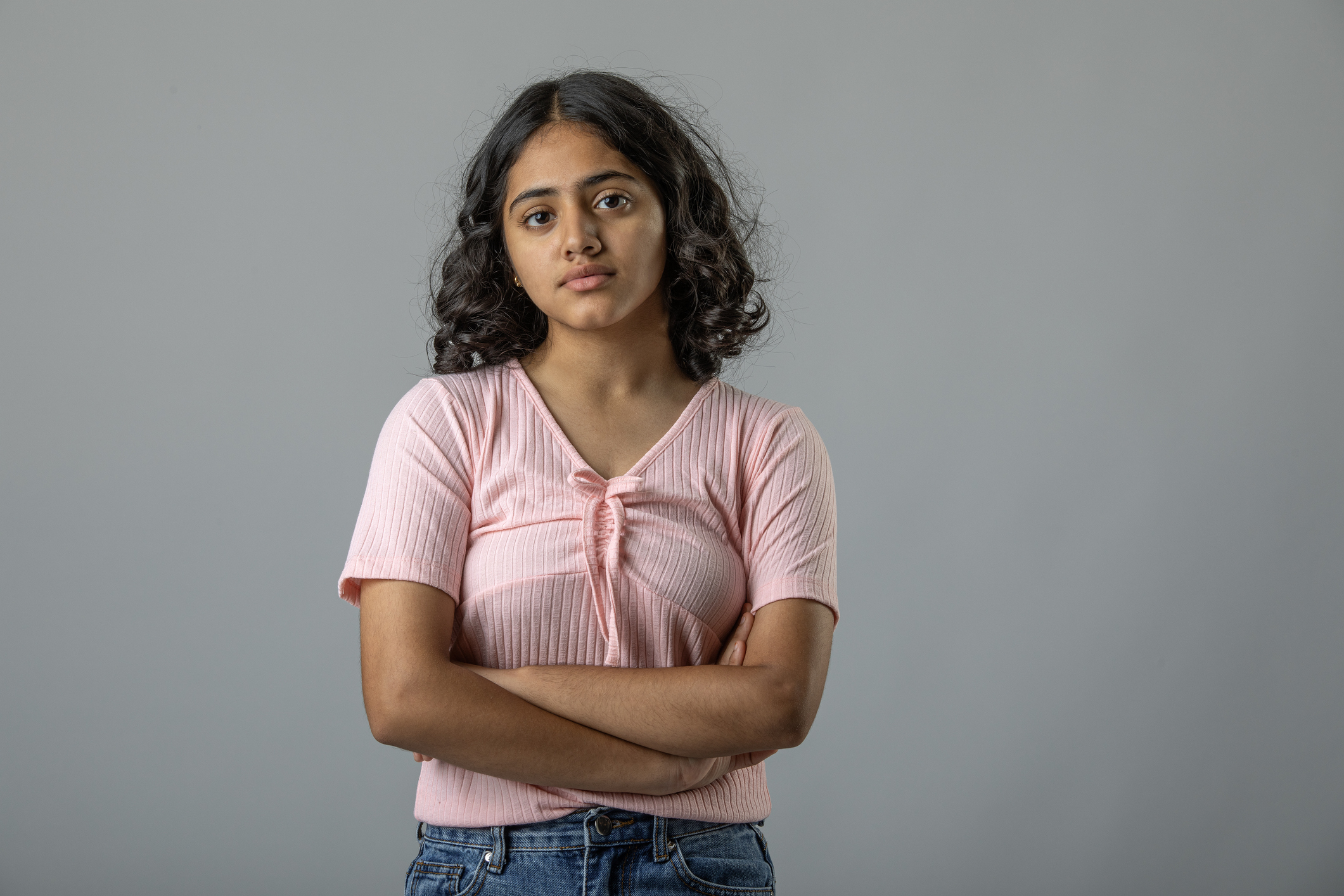
We have resources and support for teens.
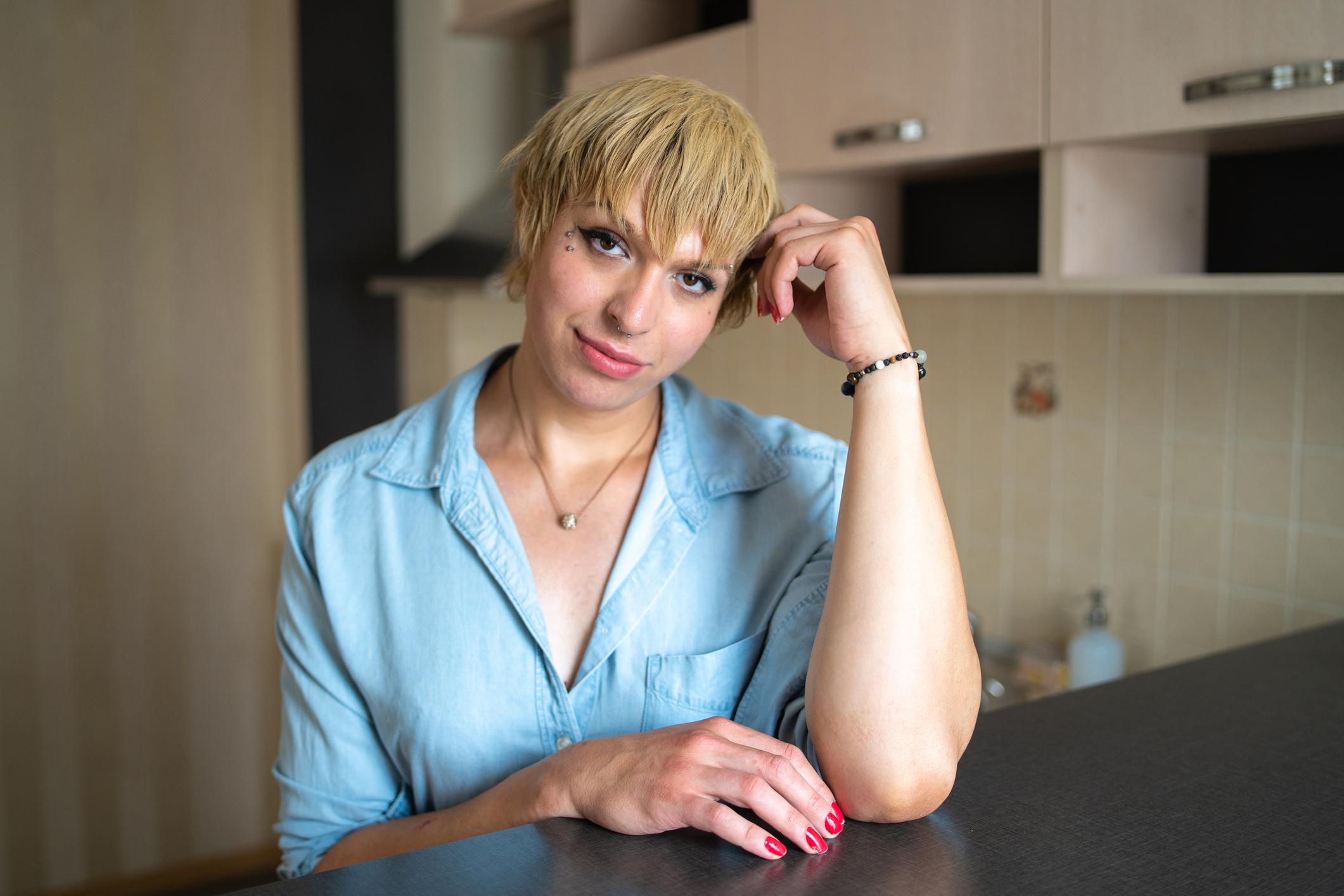
We have resources and support for young adults.
